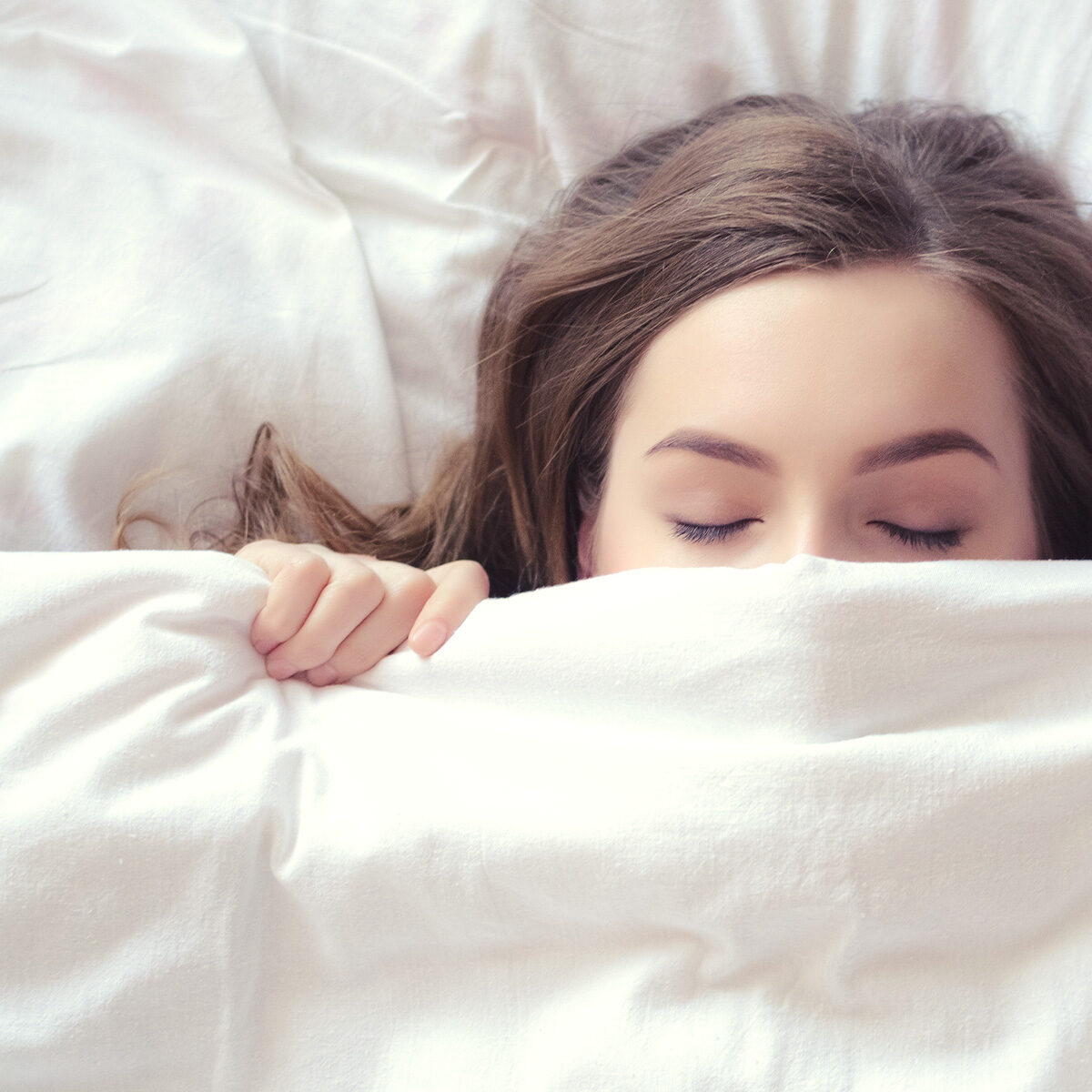
Do women really snore less than men?
Thinking of snoring, the first idea is “only men do this” – but is that true? Why is snoring such a taboo among women?
Women – at least in their younger years – snore significantly less than men. However, this observation can easily be misleading, since from their middle age onwards women catch up on the sleep disorder of obstructive sleep apnea. This means that women should not underestimate night-time respiratory impairments either.
Symptoms of chronic fatigue and tiredness are often wrongly traced back to double burden of job and household, or mistakenly seen as a hidden depression.
“Sleep apnea often remains unrecognized and underdiagnosed in women.”
The Vienna based pulmonologist and sleep doctor Arschang Valipour suspects that women may have a higher psychological suffering:
“If, for instance, an overweight and middle-aged woman shows signs of depression, physicians often start a drug therapy to treat the depression. Sleep apnea as an underlying cause or contributing factor is not considered and consequently not investigated. The same applies to all other symptoms (fatigue, tiredness). Therefore, more generous referrals to a sleep laboratory for obese women with snoring would be highly recommended.”
According to the German Society of Pneumology, sleep apnea in men can be perceived and detected much easier and clearer due to their loud snoring than in women.
What do females mainly suffer during night?
- insomnia
- delayed falling asleep, frequent waking times
- nightmares & listlessness
- restless legs
- racing heart & palpitations
- frequent urination
Sleep-related breathing disorders increase the risk for
- high blood pressure, stroke, heart attack
- other cardiovascular diseases (blood vessel damage)
- obesity & diabetes
- metabolic disorders and kidney failure
If permanent fatigue and tiredness, loss of physical performance, general lack of drive and listlessness persist for a longer time, this should definitely be examined by a sleep physician. Go to see your nearest specialist for internal or respiratory medicine (pulmonologist), a neurologist, or contact a sleep laboratory. (More about sleep study tests in our next newsletter).
SnoreFree is better than surgery – follow our motto for a peaceful and restful night.
Your SnoreFree Team
September 9, 2021